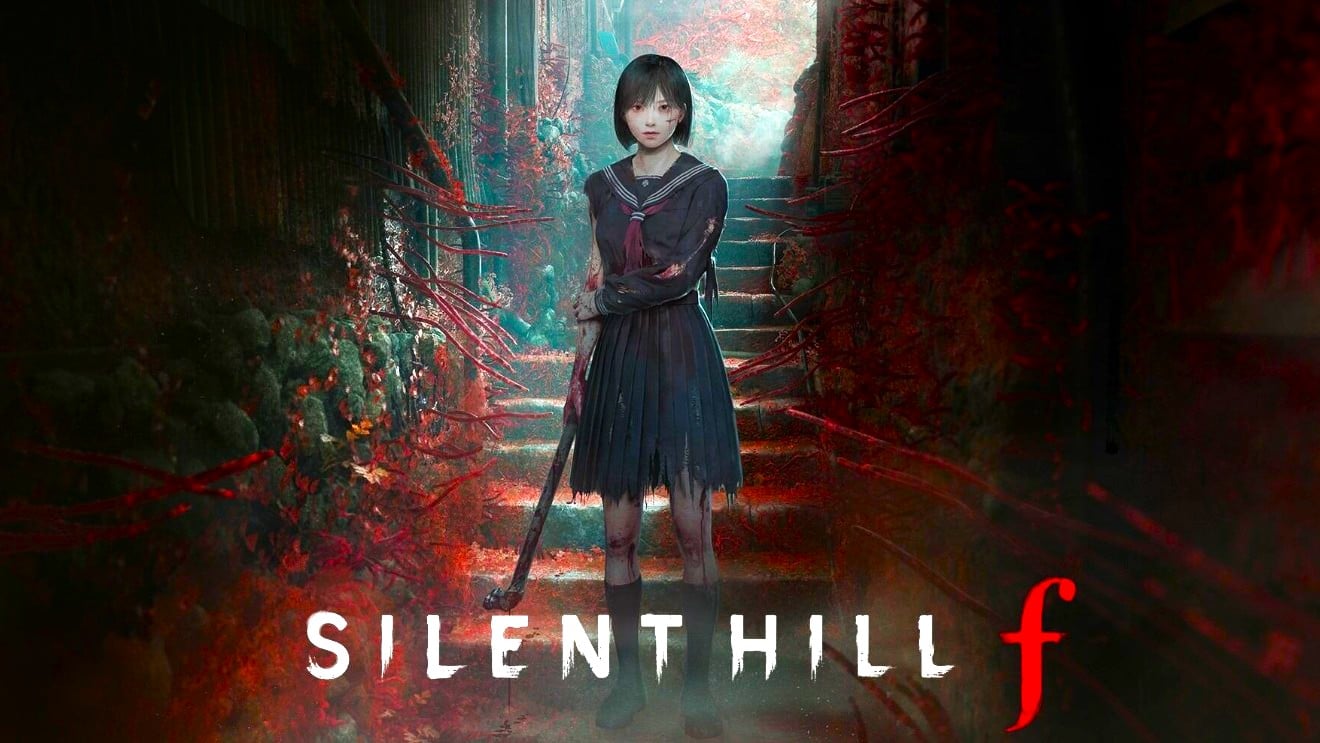One of several films from the African continent shown at the Cannes Film Festival, Erige Sehiri’s Promised Sky (Promis le ciel) in the Un Certain Regard category, is a powerful and rare portrait of three migrant women struggling to make ends meet in Tunisia.
Franco-Tunisian director Sehiri, who worked previously as an investigative journalist, says it was important to bring women’s stories to the screen.
“We often hear stories of migration through men’s eyes, not women’s,” she told RFI’s Sophie Torlotin after the premiere screening in Cannes.
“We also talk a lot about migration from Africa to Europe. But (…) 80 percent of this migration remains within Africa. I found that it provided a very powerful context for reversing the narrative a little”.
Interestingly, she observed that Tunisians call the migrants from sub-Saharan Africa “Africans” – denoting a separation between north and south Africa “as if they were not part of the same continent,” she laughs.
Mixing a documentary style with fiction, Sehiri carefully weaves together an image of modern Tunisian society far from the images usually conveyed in the press.
African films at Cannes tell unexpected stories of power, migration and identity
Community
It is a gritty tale, but filmed with warmth and often humour.
At the centre of the film, three women, thrown together by fate who are renting a run-down building from a lazy landlord.
Marie, played by Franco-Senegalese actress Aissa Maiga – runs an evangelical church from her living room and has a central role in the community of migrants from Côte d’Ivoire, Mali, Senegal and other places across west Africa.
Naney – played by Debora Lobe Naney – is a young mother who has left her daughter behind in Côte d’Ivoire and is saving money to buy her passage on a boat across to Europe.
Jolie, played by Ivorian artist Laetitia Ky, is a 24-year-old engineering student torn between her family’s hopes and her desire for independence.
The women face a myriad of challenges; the fear of losing their home, abusive police checks, nights spent in police custody and the threat of being forcibly returned to their countries.
On top of that, Marie has taken in four-year-old Kenza, the survivor of a shipwreck and is trying to find a trace of the girl’s family.
Sehiri’s characters are based on a mix of true tales gathered in the field and a long period of research and are played by both professional and non-professional actors.
Her encounter with a former journalist and evangelical pastor from Côte d’Ivoire inspired the character Marie, a 40-year old woman who bravely focuses on her community to mask her own personal tragedy.
A complex and challenging character to play, Marie – who changed her name from Aminata – “holds together a community living in a hostile environment,” Maiga explains.
Dignity
“It’s a politically important film, a film about women, a moving, funny, and also very serious,” Maïga says.
“I was inspired by Erige’s research and how she likes to immerse herself in the context she wants to film,” she says, adding that she was drawn to the project as a chance to put a face to the tragedy and provide some dignity to those who have suffered,” she says.
“We’re criminalizing people who are looking for one thing: resilience, getting by, helping their loved ones, and having a better future. I think many of us in their shoes would be doing the same thing,” she told French news agency AFP.
Driven from camp to camp, Tunisia’s migrants still dream of Europe
Naney was recruited during a public audition and lights up the screen with her tough and sensitive presence.
In real life, Naney was hellbent on crossing the Mediterranean sea, but Sehiri convinced her to stay in Tunis.
“I still don’t know what this film is trying to say but I know you have to be a part of it”…she told Naney at the time and the pair worked together for nearly two years.
More than just cinema
Kenza’s role was added later on in the script development and is based on the story of a young girl’s death when a boat carrying migrants capsized.
“Devastated,” the director wanted to “pay tribute to her” and “question” the fate of child survivors whose families are never found.
Deadly New Year for migrants as Tunisian shipwreck claims 27 lives

Sign up for free AllAfrica Newsletters
Get the latest in African news delivered straight to your inbox
“It’s more than just cinema. It’s augmented art,” Maiga tells RFI. “The stories these people tell are so incredible and tragic. It’s augmented reality, with a cinematic touch, thanks to the camera work. It looks like a documentary but it’s not.”
The scenes in the evangelical church for example were filmed with extras playing their own roles. Maiga says they adopted her quickly and ended up calling her “mama pastor”.
Resilience, courage
When asked about the inspiration for the film’s title, Sehiri says it came from a song written in Creole and French by the Reunion Island band Delgres.
“On m’a promis le ciel, mais je suis ici sur terre” – “they promised me heaven but I’m still waiting here on earth”, goes the chorus.
Mobile cinema brings big screen magic to Tunisia’s remote communities
Although it tackles a sense of hopelessness it is upbeat, something that Sehiri says is reflected in her characters’ resilience and courage.
Sehiri’s first feature film Under the Fig Trees (Sous les Figues) about rural Tunisian youth, was shown at the Directors’ Fortnight in Cannes in 2022.






